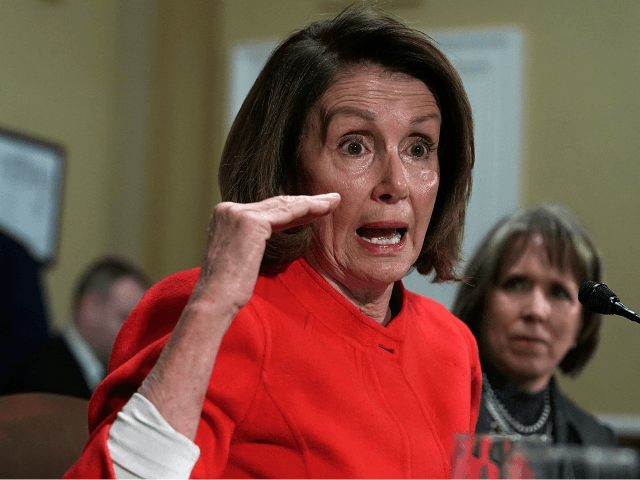Last week, House Minority Leader Nancy Pelosi slammed the positive July jobs report by declaring that President Donald Trump and the Republicans had given a tax cut to the rich “while working Americans are denied the bigger paychecks they deserve.”
But Jason Furman, chair of the White House Council of Economic Advisers from 2013 to 2017 under President Barack Obama, writes that “in the past few years, wage growth has actually been stronger at the bottom than at the top,” contrary to what Pelosi claims.
Furman, writing at Vox.com, argues that the more rapid increase in wage growth during the 1990s boom had to do with “both high productivity growth and the large increase in inequality that led to very rapid increases in wages at the very top.” In contrast, he notes that today “inequality is actually falling in some dimensions and rising more moderately in other dimensions.” He adds: “It is a mistake to think that the deck is so stacked against workers that any gains in efficiency will just go to increased corporate profits.”
Furman was not responding personally to Pelosi, and his essay pre-dates her tweet by several days, but he addresses an argument she has made repeatedly as one good jobs report after another has rolled in — namely, that current economic policy favors the rich.
Of the June jobs report, for example — which showed Hispanic unemployment at the lowest ever, and black unemployment at the second-lowest — Pelosi wrote that the economy was “being hollowed out to enrich big corporations & the wealthiest 1 percent.”
The idea that Republican help the rich and hurt the poor is a staple of Democratic Party propaganda. But Furman, crunching the actual numbers, notes: “In the past three years, workers in the bottom two-fifths of the income distribution have seen comparable or faster real wage growth than they did in the late 1990s. Higher earners, meanwhile, have seen much slower wage growth than they did in the 1990s.”
That period covers the last years of Obama’s presidency as well as the first eighteen months of Trump’s tenure.

COMMENTS
Please let us know if you're having issues with commenting.